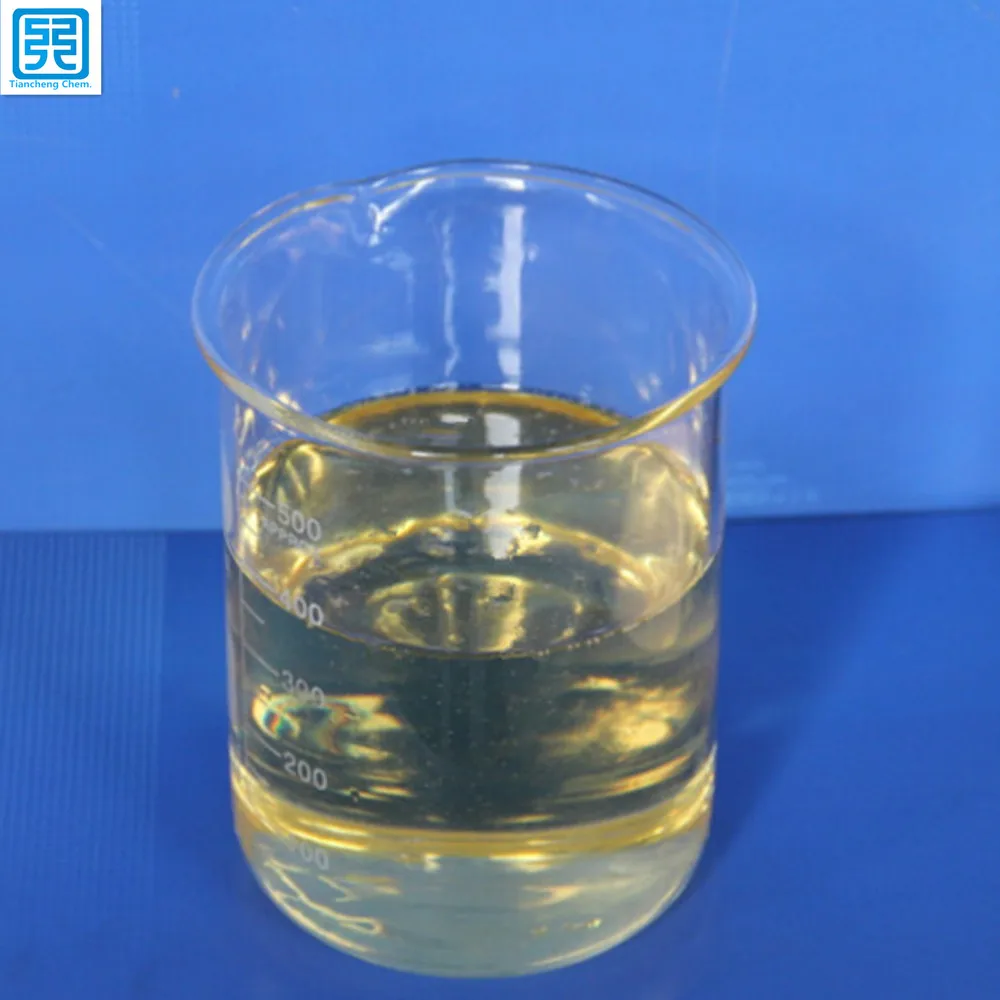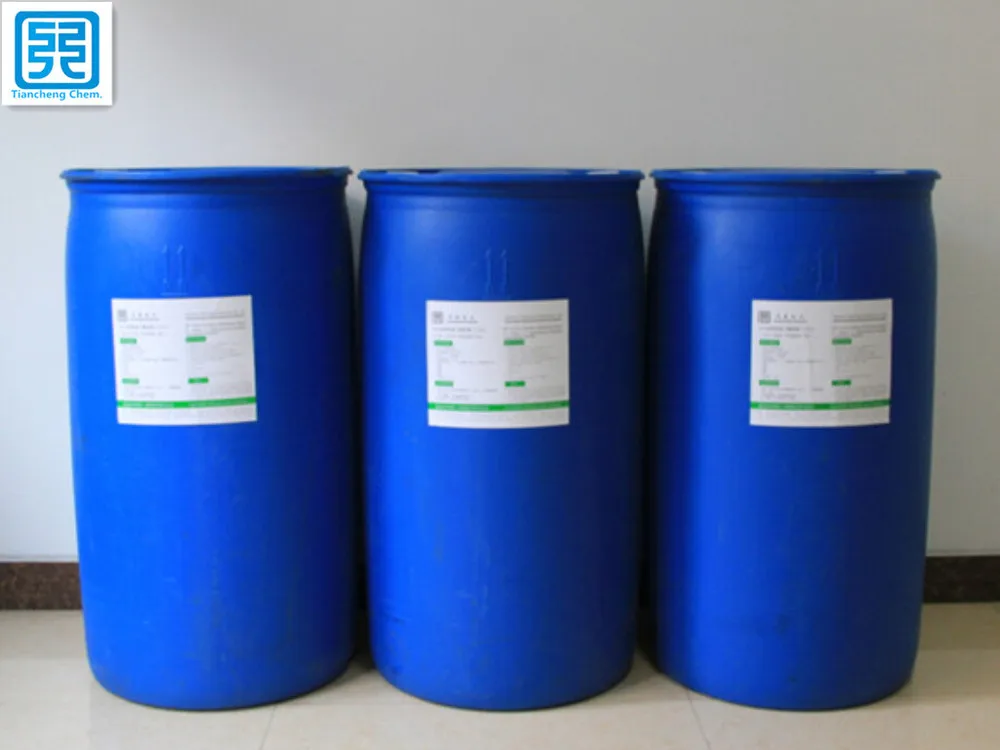Fermentation Bed Pigs
Fermentation Bed Fertilizer is a groundbreaking technology developed by Beijing Huaxia Kangyuan Science and Technology Co., Ltd. This innovative microbial preparation is the result of research conducted by renowned institutions such as the Chinese Academy of Sciences, the Academy of Agricultural Sciences, China Agricultural University, and the PLA Academy of Military Medical Sciences. The product has earned international recognition, including the prestigious Bangkok Gold Award. As the first natural compound fermenting agent in China, it is derived from microorganisms found deep within mountainous forest soils. These strains have been carefully selected, purified, and rejuvenated in high-tech laboratories, incorporating advanced microbial engineering techniques from Europe, the U.S., Japan, and South Korea. The formulation consists of a complex mix of beneficial microorganisms, including dendritic fungi, yeasts, and actinomycetes. Using this fermentation bed technology offers significant economic and social benefits for pig farming: Economic Benefits 1. Reduce Infrastructure Costs and Increase Land Use Efficiency: By eliminating the need for traditional waste management systems like biogas digesters, farmers can save on construction and maintenance costs while maximizing land use. 2. Lower Operating Costs: 3. Convert Litter and Urine into High-Quality Organic Fertilizer: The mixture of manure and bedding is transformed into valuable organic fertilizer, creating additional revenue streams. 4. Improve Pork Quality: Better-fed, healthier pigs produce higher-quality meat that is more competitive in the market. Social Benefits 1. Environmental Protection: The fermentation bed system produces zero odor and zero emissions, addressing pollution at its source. Traditional large-scale livestock operations often struggle with environmental impact, despite efforts like biogas systems or composting. However, these methods still face challenges in treating wastewater and managing waste effectively. The fermentation bed technology focuses on reduction, harmlessness, and resource recycling, making it an ideal solution for achieving true zero emissions from the start. 2. Resource Conservation: In addition to saving land, labor, water, and energy, this method also recycles agricultural byproducts like sawdust, rice husks, and straw, turning waste into useful resources. 3. Animal Welfare and Consumer Health: Compared to concrete floors, pigs raised on fermentation beds enjoy a more natural and comfortable environment. They can move freely and turn over, which aligns better with their natural behavior. The microbial activity in the bedding helps suppress harmful bacteria, improving pig immunity and reducing the need for antibiotics. This leads to healthier pork, offering consumers safer and more nutritious food options. For more details, visit the official website or contact us directly for personalized support and guidance.
With the constant improvement of economic level, people` requirements on the quality of paper are increasing high. A great number of paper products must have excellent resistance to fracture under moist state, in other words, must have a certain degree of wet strength. While the traditional papermaking wet strength agents are urea resin and melamino-formaldehyde, both belonging to formaldehyde resin with intense pungent smell and certain toxicity, and can be used in acid condition to acquire the wet strength. However the whiteness will descend a lot and the paper will be weak after the finished paper acquiring the wet strength. Polyamide polyamine epichlorohydrin resin (PAE) is water soluble, cationoid and thermosetting resin. This product is a non-formaldehyde polymer, non-toxic and tasteless, with a wide range of PH value and suitable for acid, neutral or slightly alkaline papermaking conditions, as well as the acid condition. Wet strength effect is better than the urea-formaldehyde resins and melamine formaldehyde resin. PAE resin, which is an excellent wet strength agent, develops fast in recent years with China`s paper industry development.
The high performance papermaking wet strength agent (PAE) that we produced has been widely used in a great amount of domestic factories and the finished paper products` wet strength index has surpass the similar products in domestic and foreign counties.
1. Performance Indicators
Item
Indicator
Appearance
Light yellow to light amber translucent liquid
Solid content,%
25
Viscosity mpa.s (25℃)
25~70
PH value
4.0~6.0
Density kg/l
1.03
Ion type
Cationic
Ice point (℃)
-1℃
Storage period (under normal temperature)
≥90
Solubility
Diffluent in cold water
2. Application
PAE active ingredient is polyamide epichlorohydrin thermosetting resins that can be used as below:
1. Paper products with the need for drying or wiping water, such as: napkins, wet tissue paper, facial tissue, paper napkins, kitchen towels, wiping window paper, industrial wipes, lens wiping paper, cosmetic paper etc.;
2. Outdoor paper: such as kraft paper, packing paper, outdoor poster paper, construction paper, sack paper, map paper, germinating paper, fruit bag paper;
3. Wet wrapping materials: such as paper cups paper, meat paper, wrapping paper and boxes for fruits and vegetables, frozen and refined food packaging paper, pressure sensitive copy paper, filter paper, leaching processing paper and tea bag paper;
4. Paper soaked in water: as photographic raw paper. Instead of disposable textile products, such as hospital bed sheets, toilet paper and other disposable hospital garb.
Other issues such as cigarette paper, paper used for invoices.
PAE, as wet strength agent excellent efficiency (PAE), has been widely accepted by the papermaking industry
5. Storage Condition
Storage: Avoid direct sunlight, prohibiting contact with concentrated acids. Storage temperature is 0 ~ 35 ℃and the product can be stored for up to 3 months under 5 ~ 35 ℃.
4.Package and Transportation Safety
Package: 200 kg polyethylene barrels or 1000 kg IBC barrels.
Transportation: The product is non-flammable, non-explosive and low corrosive and non-dangerous. It can use plastic buckets as containers on railways, highways, aviation, marine to achieve the purpose of the safe transport, and if the leaking occurs during transportation, you can simply rinse on the spot.
Wet Strength Agent,Polyamide Epichlorohydrin Resin,WSR,Wetting Strength Agent Shandong Tiancheng Chemical Co., Ltd. , https://www.tianchengchemical.com


